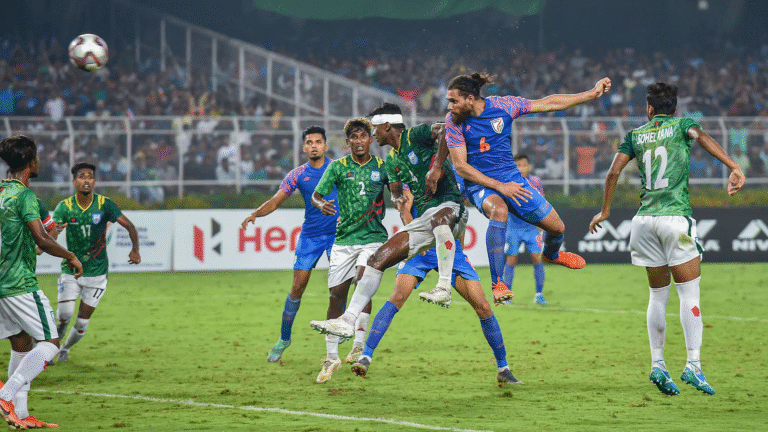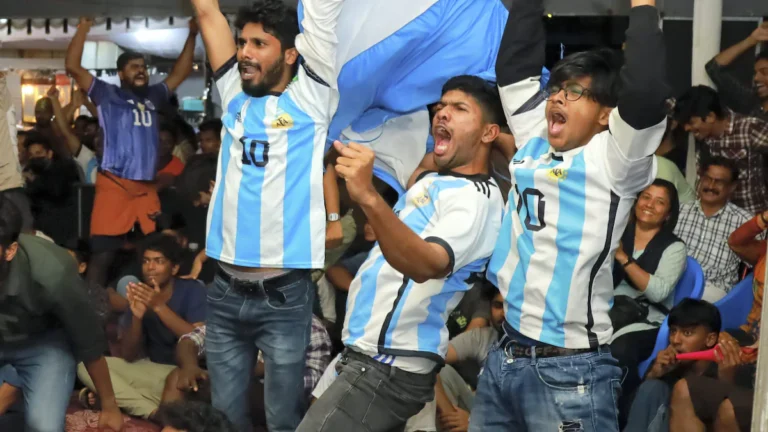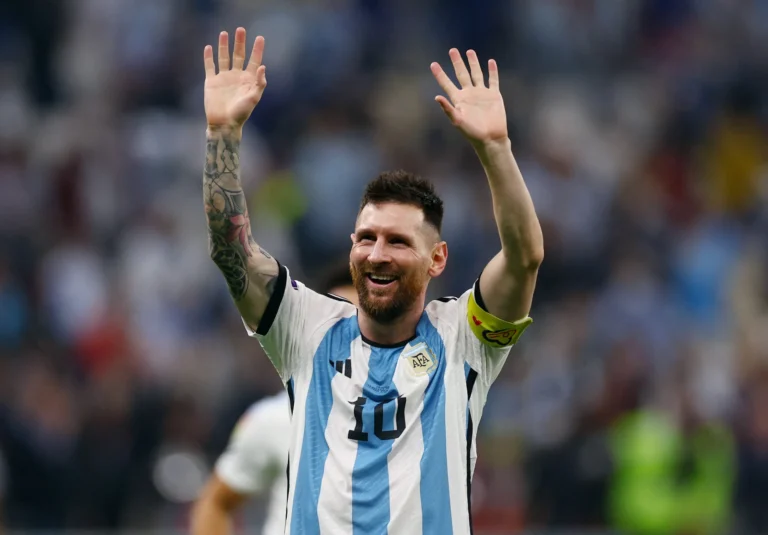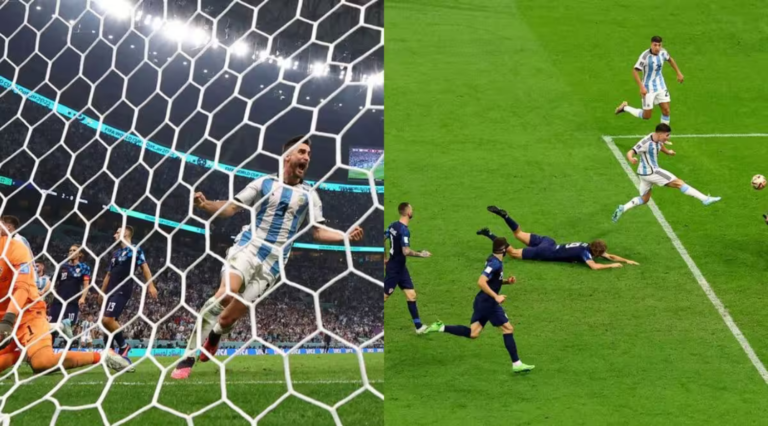
Lionel Messi initiated Argentina’s journey to the World Cup final with a first-half penalty, transforming what was anticipated to be a tense semi-final clash into a rather one-sided affair, as Croatia succumbed to a 3-0 defeat. Messi and Julian Alvarez joined forces to fend off any further Croatian challenges in the tournament, marking the end of the 2018 World Cup finalists’ campaign.
However, it was the controversial nature of the penalty that underscored the refereeing controversies plaguing this World Cup. The incident occurred in the 32nd minute when Enzo Fernandes, a regular presence in Argentina’s lineup since their loss to Saudi Arabia, delivered a splendid pass to Alvarez, who found himself neatly positioned between the two Croatian center-backs. The pass afforded Alvarez a clear path to the goal, with only goalkeeper Livakovic to beat.

Livakovic had been Croatia’s hero throughout the tournament and had been in contention for the goalkeeper of the tournament award alongside Emiliano Martinez and Morocco’s Yassine Bounou. On this occasion, he came off his line to intercept Alvarez. At this moment, the Manchester City striker attempted to chip the ball over Livakovic and missed. Nevertheless, he did make contact with the ball, diverting it away from the goalkeeper. To his credit, Livakovic held his ground and did not appear to obstruct Alvarez. However, the Argentine striker collided with the goalkeeper and, while on the ground, extended his arms. The referee granted a penalty, with VAR checks supporting the decision.
ITV football pundit Gary Neville was adamant that it was not a penalty. “This is not a penalty. What else can he do?” Neville questioned. “He had to make that motion to try to save the ball, he planted his feet. If he had continued running out and taken out Álvarez, then fair enough, but he stopped before that, and I don’t know if that’s a penalty.”

Former referee Peter Walton, who was in the studio with Neville, firmly believed that Livakovic was at fault. “He was contesting the ball, missed it entirely, then caught the player. In fact, what he did was obstruct the forward’s path, so it had to be a foul,” Walton argued.
There is also the timing of the goal to consider. Croatia’s strategy in the past two World Cups has been to force games into penalty shootouts, where their strong will often prevails. An early goal in the game forced them to abandon this approach and adopt an offensive strategy.

“We conceded a goal that was quite questionable. The situation leading to the penalty… it seemed a bit too easy, a bit too cheap, to be honest,” remarked Croatia coach Zlatko Dalic. “Our goalkeeper did what he did, and these are the new rules. This goal altered the course of the match.”
The change in strategy left them more vulnerable than usual, ultimately resulting in their elimination from the tournament with a 3-0 loss to Argentina.



